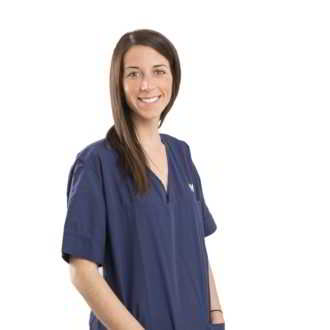

As a result of the exceptional situation we are all living in, we have seen ourselves isolated for almost a month now. The IVI team is looking forward to resume all treatments that have been put on hold as soon as we can and it is safe for our patients. But in the meantime we have been in close contact with our patients during this “break” not only to keep them updated about their fertility treatment but also to help them to see this “pause” as an opportunity to get ready for their upcoming treatment. That’s why we want our medical team to explain and help you to get through this period better and, in particular, to get back to an optimum condition to continue your assisted reproduction treatment. Dr. Galian from IVI UK talks us about weight and fertility.
Excess body weight implications
It is well known that excess body weight (EBW), the amount of body weight we have in excess of our target weight, is associated with an increased risk of infertility in both men and women. In men, it alters the quality of the sperm, whilst in women it can lead to ovulation disorders, implantation failure or affect the embryo itself and its progression to a viable pregnancy.
Of course, all these effects do not generate complete sterility, but they do increase the risk of not conceiving or of delaying conception, both in natural and assisted reproduction. This risk depends on the degree of excess body weight and other factors such as diabetes, hypertension and other chronic metabolic disorders.
Why do I eat more during confinement?
With the isolation process the great majority of our population has changed their habits and has become more inactive. Similarly, we have seen a trend towards increasing total intake, snacking, and consumption of caloric products and alcohol. Last but not least, the stress and anxiety caused by the barrage of information on the COVID-19 pandemic and its economic consequences being top of mind for many is an add on reason that puts ourselves at risk of eating more or changing our habits.
Hence, the combination of all these factors has led us to decrease our daily physical activity and to increased our caloric intake, which implies for many gaining extra weight.
Health and fertility
Taking good care of ourselves is important to be in the best possible shape when the isolation period is over, making it easier to get back to our routine and to help us to better cope with a potential infection.
However, being healthy obviously includes our reproductive health. An unbalanced diet and excessive alcohol consumption can have a negative impact in the couple’s fertile capacity as well (especially in people with a predisposition), leading to difficulties in achieving spontaneous pregnancy or worse results in assisted reproduction treatments, such as artificial insemination or vitro fertilization.
So when it comes about fertility, excessive body weight can make the fertility journey a bumpy road for many. By establishing goals and aiming to have a daily routine, we will prevent gaining weight and we will find ourselves in the optimal state of health.
To do so, it is important to have a balanced diet, with plenty of fruit and vegetables, and exercise regularly. Additionally, we must look for distractions from eating during our spare time or time off, such as: reading, listening to music, watching films, playing family games… Not only these activities will help us to keep our minds busy from thinking about food or alcoholic intake, but also will certainly help us to reduce our stress levels and find some psychological relief.
What if I am not succeeding? There is no shame in asking for help. There are online platforms of nutritionists and counsellors that may help us achieve these goals. In addition, IVI would like to put our patients’ minds at ease by creating an effective communication with their primary doctor and the help of our experienced counsellors. Every effort made will reap its benefits. So if we reap what we sow, let’s sow health! Let’s control our weight and boost our fertility!





Comments are closed here.